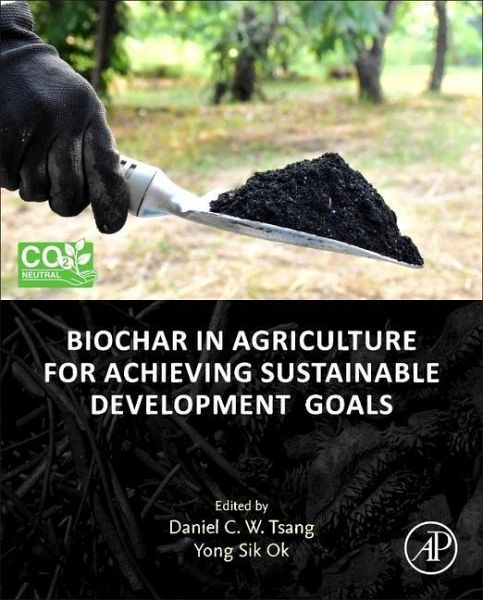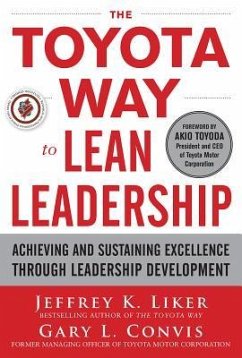Nicht lieferbar

Biochar in Agriculture for Achieving Sustainable Development Goals
Versandkostenfrei!
Nicht lieferbar
Biochar in Agriculture for Achieving Sustainable Development Goals introduces the state-of-the-art of biochar for agricultural applications to actualize sustainable development goals and highlight current challenges and the way forward. The book focuses on scientific knowledge and biochar technologies for agricultural soil improvement and plant growth. Sections provide state-of-the-art knowledge on biochar production and characterization, focus on biochar for agricultural application and soil improvement, discuss the roles of biochar for environmental improvement in farmland to relieve water a...
Biochar in Agriculture for Achieving Sustainable Development Goals introduces the state-of-the-art of biochar for agricultural applications to actualize sustainable development goals and highlight current challenges and the way forward. The book focuses on scientific knowledge and biochar technologies for agricultural soil improvement and plant growth. Sections provide state-of-the-art knowledge on biochar production and characterization, focus on biochar for agricultural application and soil improvement, discuss the roles of biochar for environmental improvement in farmland to relieve water and waste management as well as climate change, highlight biochar used for boosting bioeconomy and clean energy, and discuss future prospects. This book will be important to agricultural engineers and researchers as well as those seeking to improve overall soil and environmental conditions through the use of biochar.












